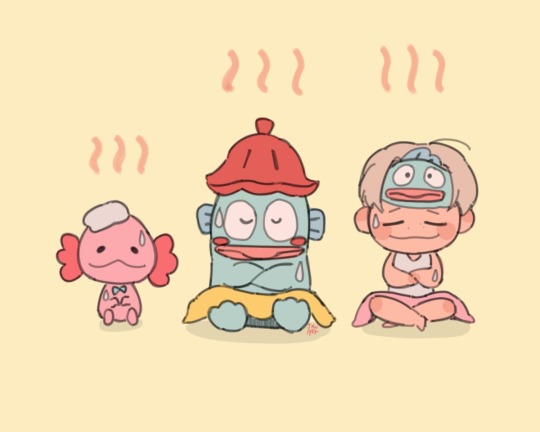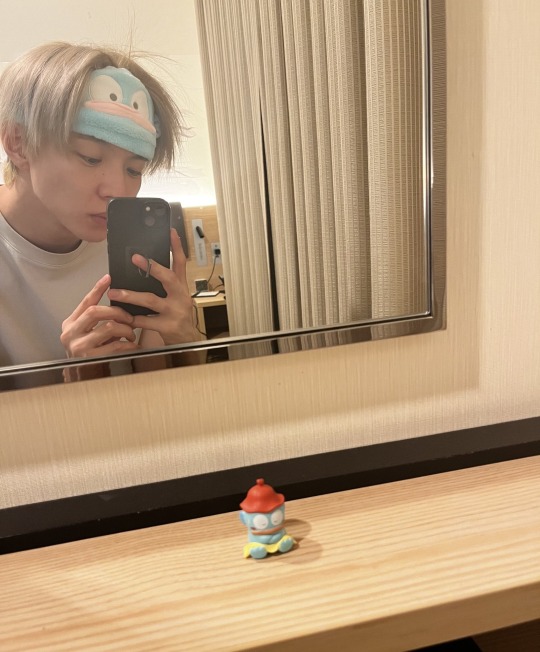#black hair ash
Text
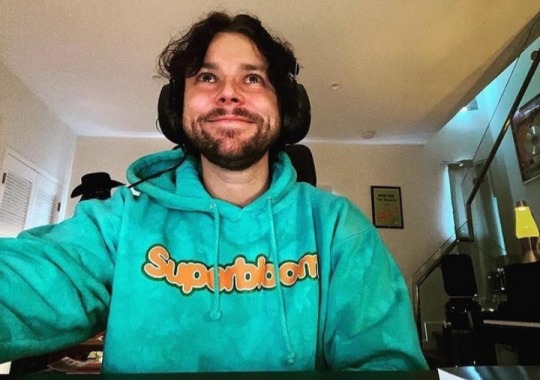
Clearing out my camera roll 9642/?
#ashton irwin#smiley ash#black hair ash#hoodie#hoodie ash#hoody#hoody ash#superbloom#5sos#5 seconds of summer#9642
22 notes
·
View notes
Text
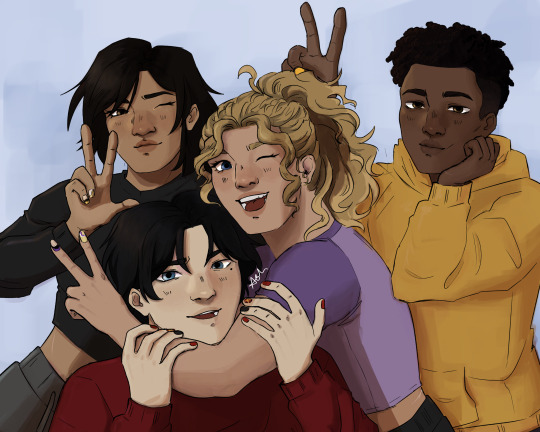
just a couple of besties :D
#hshshh stephs hair was so fun to colour oml#cassandra cain#cass cain#black bat#batgirl#stephanie brown#steph brown#spoiler#tim drake#red robin#duke thomas#the signal#batman#batfamily#batfam#batsibs#dc fanart#dc comics#illustration#ash's doodlings
2K notes
·
View notes
Text
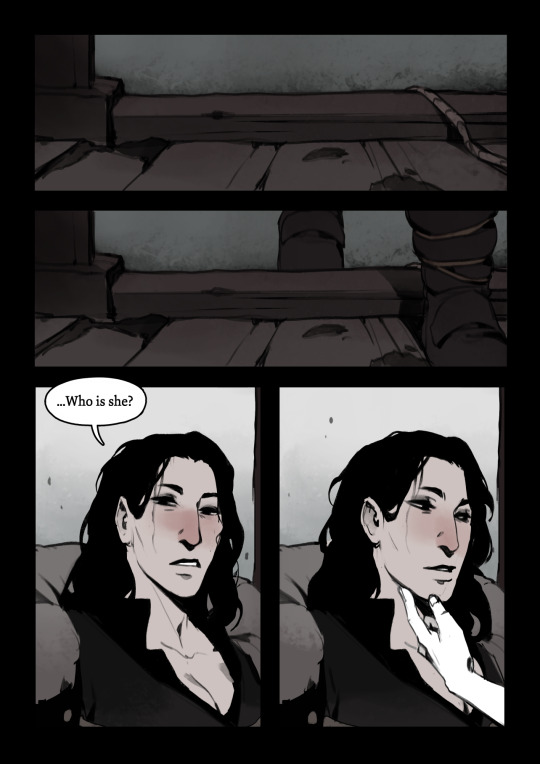
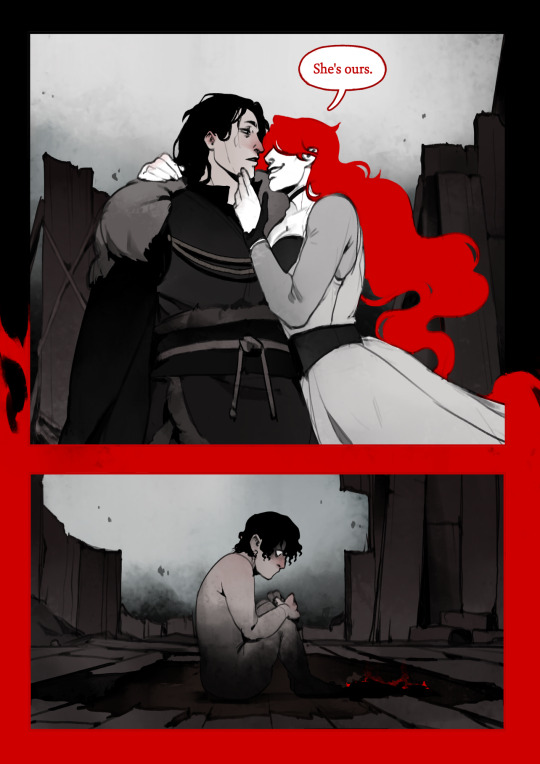
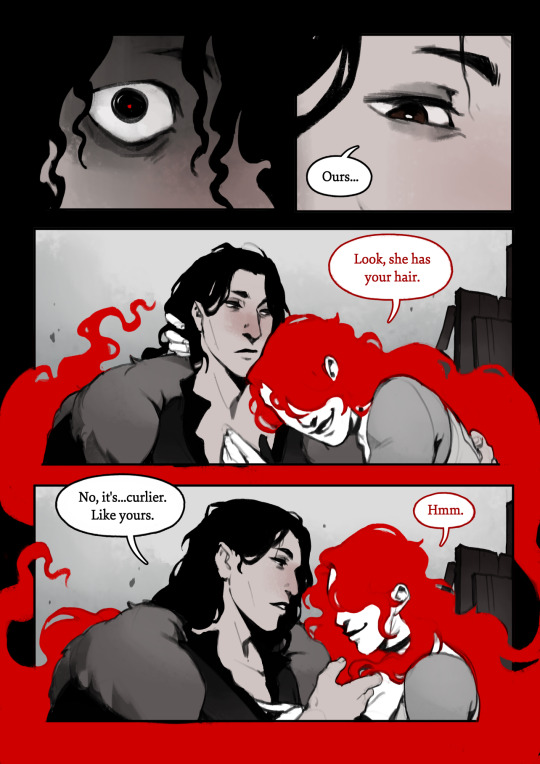
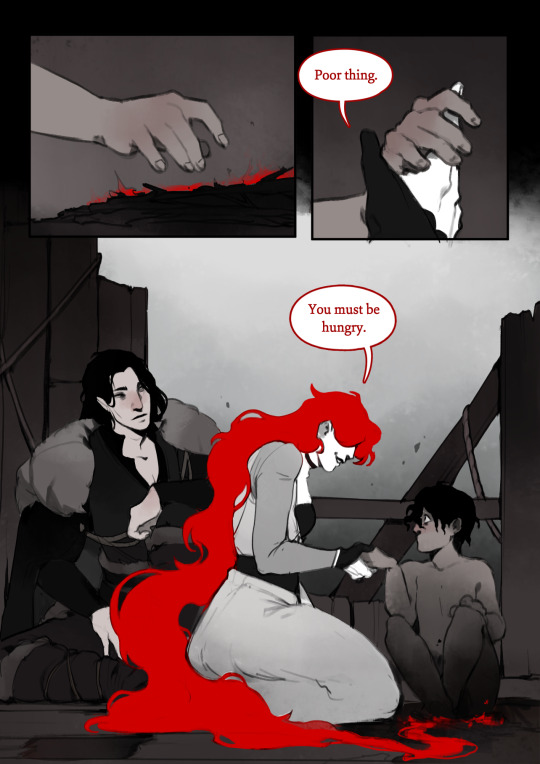
ashes to ashes.
a short comic about the day Ash was born.
Ash's story
Red and Wolf's story
notes:

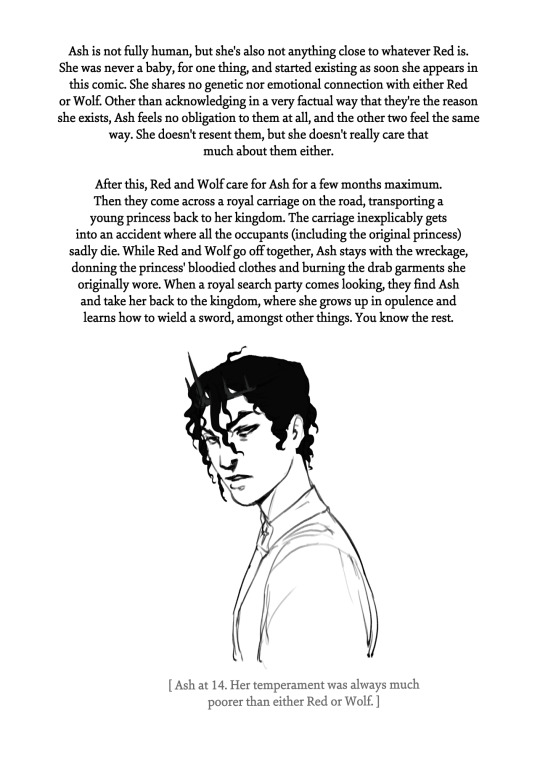
--
all my other comics
store
#we love a family with a storied history of loving women and committing mass murder#wolf is a couple years older than she was in her original comic but still just as smitten with red#i dont intend on making it a habit to connect my comics together into a shared universe#but i did make ash with the internal headcanon that she was the kid of red and wolf#if only to justify elements of her design#the gravity defying hair - the control over fire - the commitment to a black/white/red colour scheme#i wont be doing a backstory for snow btw since she's kind of just. a human being who grew up very entitled and spoiled#although maybe during her undead journey she unknowingly comes across her mothers-in-law in the mountains#(they like to live in remote snowy areas)#red would like her#thats all!#thank you for reading#sapphic art#comic art#stillindigo art#hearteaters#stillindigo comics
3K notes
·
View notes
Text
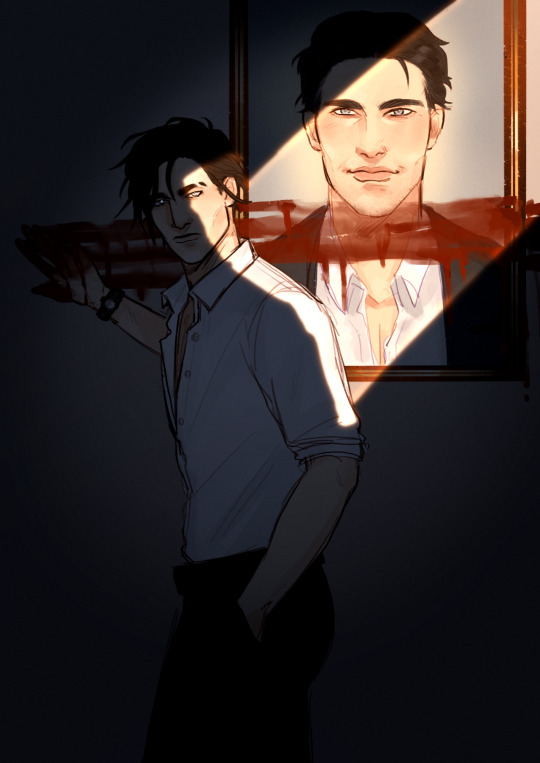

"Vengeance is mine to deliver."

no shadows ⇘
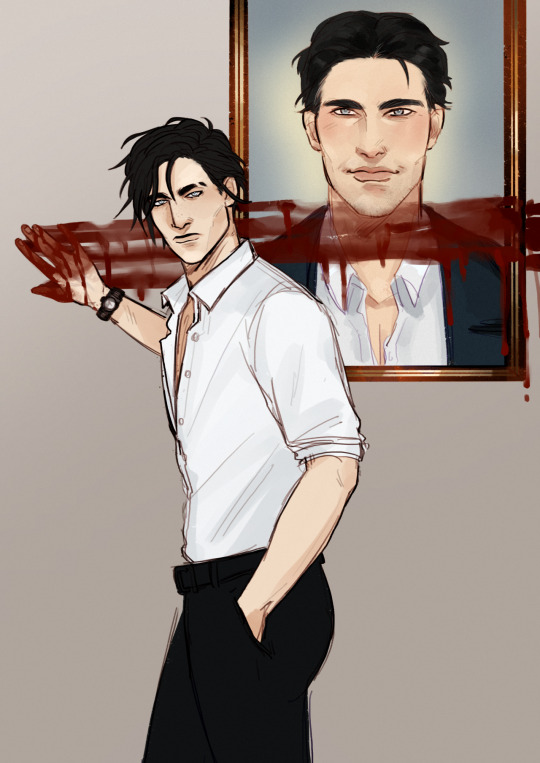
#vendetta#vendetta-if#IF#interactive fiction#everyone in da fam: dont risk urself for vengeance my boy...... :( nikolai: lol i wont! its just a little vendetta ^_^ (maimkillmaimmai-)#the way this could easily be some au batman drawing lmaooo IM SORRY i gave him grey eyes-black hair AND pronouns!!!!#anyway im sorry papa for i shan't be nice like you taught me!! it died w u 🥺 anyway yes play vendetta its literally BRAINRotting me#and its soooooo good!!#*nikolai#he is also supposed to have tattoos but lets ignore that i was too lazy to map them out lols :3#the no shadows version is just ash turning on the lights in the apartment lmao. “bro what u doin….’’ ‘’dw about it’’
391 notes
·
View notes
Text


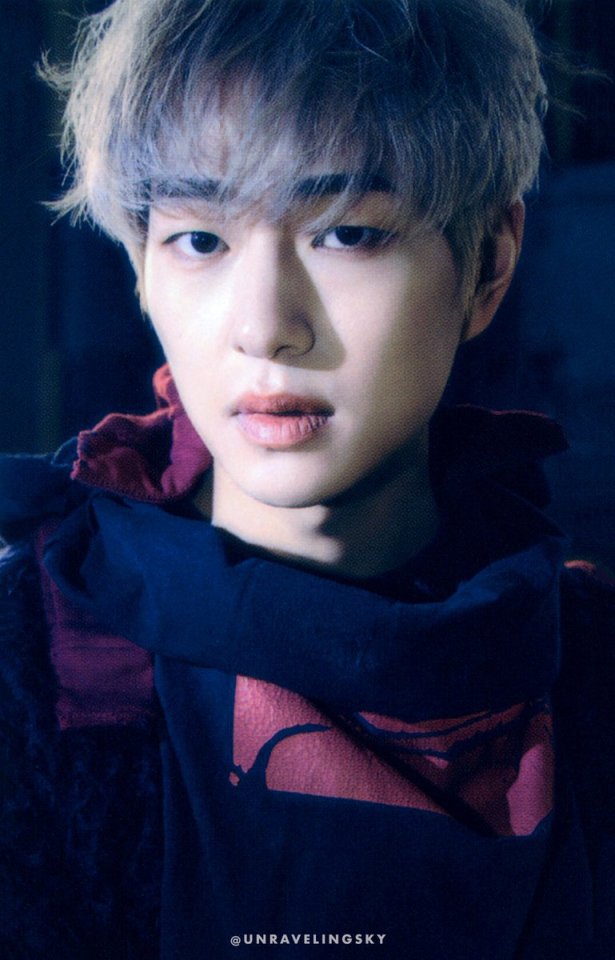
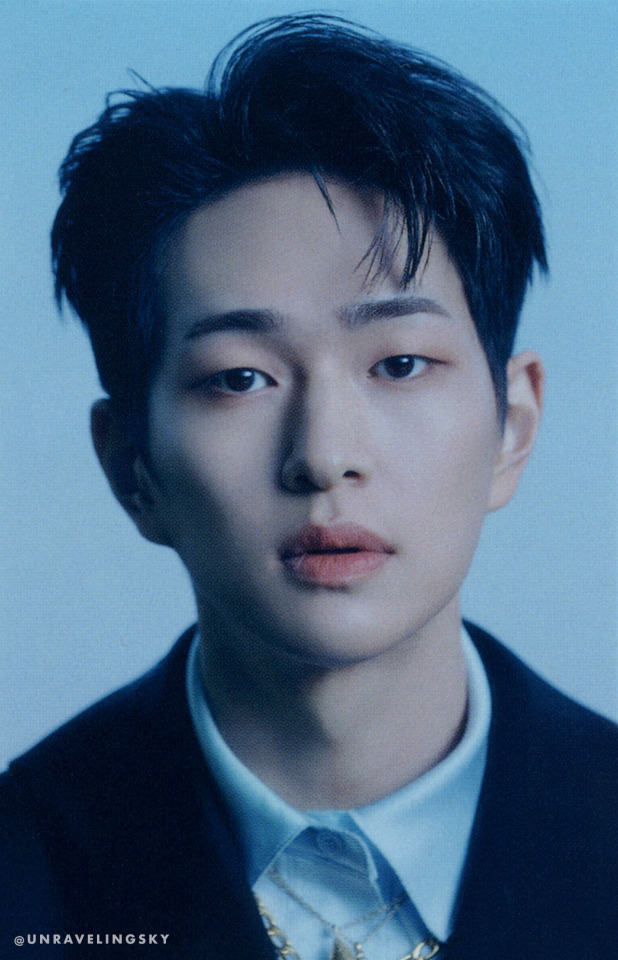
(throwback) SHINee 14th Anniversary Official MD — 14 Anniversary Repackage Photocard Set
#220525#shinee#onew#lee jinki#jinki#official md#scans#shinee 14th anniversary md#tsol era#dcm era#atlantis era#ash blond#black hair#ginger hair#eye contact
39 notes
·
View notes
Text

#blackgirl#blackgirls#blackgirlhair#blackwoman#blackwomen#black hairstyles#black women#blowout#kinky curly#kinky hair#4chair#black hair#black girl blonde#blondeshavemorefun#ash blonde#girls with piercings#nose piercing#tattoos and piercings#ashblonde#blonde curls#blond hair#blond beauty#blondie#blond girl#pretty black girls#black girl aesthetic#black girl tumblr#pretty black woman#black girl moodboard#Jahne Maylise
24 notes
·
View notes
Text
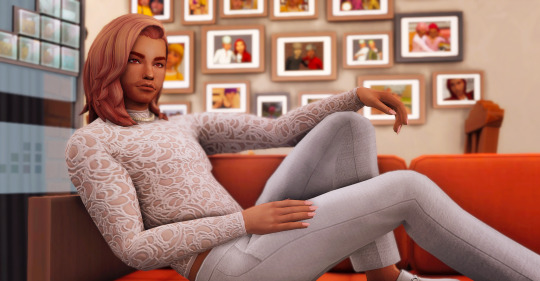
missed his lighter hair era a bit
#ts4#sims 4#the sims 4#sims#simblr#breeze nsb legacy extra#oc: ross#for those who weren't here abt 5 years ago#he was turned as an older man so his hair was a bit lighter colour#but he 'got younger' during the transformation#well his hair stayed. and he has a tiiiiny little bit of wrinkles. just a little bit barely noticeable but he has them (and i love that btw#then he got burnt to ashes lol what a time#and when he was brought back for some reason the game gave him his original haircolour#which i'm not complaining about bc it's such a nice colour. one of my faves#but the lighter hair was a vibe too#he also really pulls off black imo but he never canonically had black hair. not even dyed#blonde was a vibe too. i think he briefly had that after i accidentally deleted the recolour and then put in the wrong one lol#did i ever bleach his hair for a picture to like really pale blond white or something. don't think so. well. well...#you know what's coming your way soon because of course it is#for reasons. iykyk#listen it's canon that every media that has a vampire in it that i'm obsessed with ross is also obsessed with. soooo yeah
31 notes
·
View notes
Text
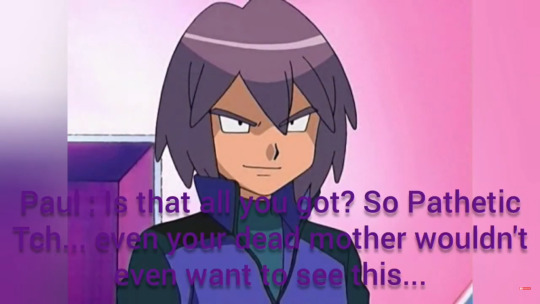
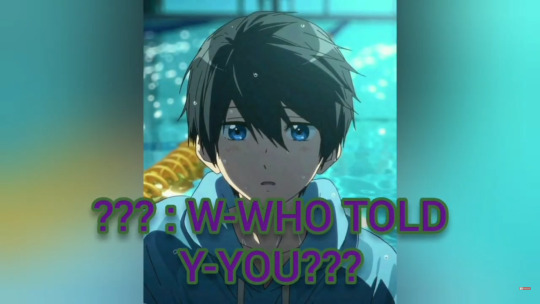

#submission#HELP ME#im so sorry generic black haired anime boy who is probably supposed to be ash#pokeani#pokemon#pokefic#paul#mod 🐝
70 notes
·
View notes
Text

Ashley doodle
#until dawn#ashley brown#ash brown#ud ashley#ud ash#trans ashley brown#ace ashley#bi ashley#the girl ever#This is inspired by her having black hair in the beta ver. Thsts why the tips of her hair r black#Also I said fuck it with my drawing style so yea
48 notes
·
View notes
Text
"I could fix him""I could make him worse"Yeah and i could kill the Joker to avenge him
#i 100% respect bruce's decision not to HOWEVER i have no code against killing GET OVER HERE VOMIT HAIR FIVEHEADASS#jason todd#summer kent#jaysumm#robin#red hood#star sapphire jason#red reaper#sparks#ember#ignite#black lantern summer#superman!summer#superghost#batfam#superfamilia#sparks:secret origins#ditf#the last day of summer#ember's ashes#lost days#utrh#ember/red hood#rhato#the outlaws#teen titans:damian edition#new ember days#dead sidekicks force#real self shipping hours#letters from summer
28 notes
·
View notes
Photo

Clearing out my camera roll 9368/?
30 notes
·
View notes
Text
i think shanks has just as much kenergy as sanji tbh
shanks' job is boat, similar to how sanji's job is kitchen. they're both just kinda there. not a thought behind either of their eyes. they exist to look pretty and are occasionally good at doing stuff.
#JUST HEAR ME OUT!#♤— ash tries#one piece#shanks#black leg sanji#op shanks#op sanji#red hair shanks#kenergy
27 notes
·
View notes
Text

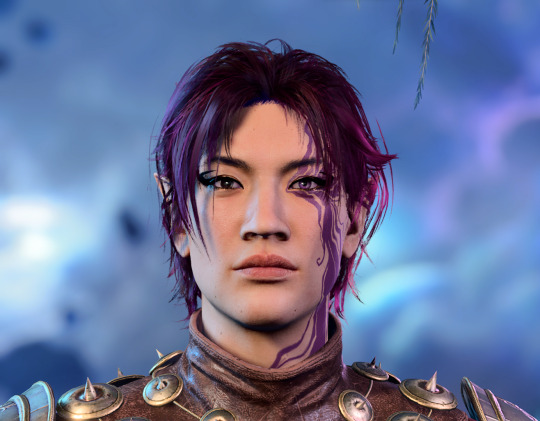
step one: make a guy with a history of possession
step two: make his guardian look almost, but not quite, exactly like him
step three: so much doubt. existential crisis time
#the actual guy's hair is black with subtle purple highlights#(subtle as in like 20% on the sliders. the effect is not actually subtle)#the guardian's hair is like. base is red highlights are purple graying is green somehow#i hit randomize on the guardian then went back to make tav look like him lol#ash plays bg3#this has been a post
27 notes
·
View notes
Text
the most wretched of women
"I loved my children," she weeps. "You have to believe me, I loved my children."
Whether or not Medea loved her children is not the subject under debate.
"What is under debate?" asks Jason.
Why she butchered them.
"We'd like to return to the question of whether our mother loved us," chorus the twins.
"I loved them," Medea wails.
"Third person, past tense," the first boy mutters. "Cool," mutters the second.
Order!
Good.
We open on a nurse, as Medea wails her maledictions. Do we have a nurse?
"No."
This is a shambles. Fine. The nurse explains the situation: Jason, best beloved by Medea, has abandoned her marriage bed to hop into another: that of Creusa, princess of Corinth.
"Uncharitable," Jason objects.
It's how the nurse puts it. Then the couple's sons arrive, accompanied by their tutor – do we have a tutor –
"No."
– absurd. The tutor states that Medea will be exiled with her sons.
"Would've been nice," one boy says brightly. "A trip with Mom," the other adds.
"Must you?" she sobs.
I will have order!
The nurse warns that Medea is in foul mood, and for the boys to avoid her as best they can.
"Which wasn't well." "Mom has the ear of a bat and the eye of a hawk." "Possibly literally." "She saw us and started screaming – not, to be clear, totally unprecedented."
"I was at my wits' end."
"Your wits were never the problem," Jason mutters.
"Yours were," chirp the boys.
Jason sighs. "No respect."
The Chorus enters.
"We heard Medea's suffering," the women intone, "and we wanted to help. We wanted to soothe her pain."
Do you?
"No."
"I left my home and found the women of Corinth awaiting," Medea says. "I spoke to them of my pain – our shared pain, as women."
"Many women manage to live their lives without murder," observes a son.
"We endorsed her desire for revenge," the women say solemnly. "What woman would not?"
Enter Creon, king of Corinth and father to Jason's new bride. ...we don't have a Creon?
"No."
Jesus.
Creon summarily exiles Medea; he doesn't know what her plans are, but he knows she's up to something bad.
"I begged him to exile me tomorrow, and give me time to set my affairs in order," Medea says. "To make arrangements, if not for my own safety, then for my children."
"We know how that worked out," mutter her children.
Creon concedes, though he knows he'll regret it. Medea is given until sunrise for a reprieve.
"I turned to the crowd," says Medea coolly. "Explained my plans: to murder Jason, and his princess, and her father, all together."
(Pause.
There's a noteworthy bit here. When Medea states her intention to murder three people – line 453, if you're following at home – her only hesitation is the following: θανοῦσα θήσω τοῖς ἐμοῖς ἐχθροῖς γέλων. "[If I am not clever] I will die, and my enemies would laugh."
That's interesting.
Moving on.)
Plotting three murders in broad daylight. Risky.
"They're only a Chorus. They couldn't stop me."
"Indeed, we sang of the honor Medea would bring us," intones the Chorus, "by taking vengeance on her wretched lover. We were fools."
Enter Jason.
"I explained to Medea that she was being selfish," Jason says. "That had she not been so rash, so fickle, we would all have gained from my marriage to Creusa."
Medea laughs bitterly. "And I explained my position: that of a woman who had sacrificed everything, done the unforgivable time and time again, alienated everyone who had ever loved her or ever would, for the sake of one man. I butchered my baby brother for you, Jason. I slit his throat and threw pieces of him over the side of the Argo so that my father's ships would slow to catch his organs in their fishing nets, so they could give him a proper burial. I tricked three beautiful girls into slaughtering their royal father and making him into a stew. No one but you would ever have me. We were made for each other, Jason."
"I paid you back a dozen times," Jason insists. "I brought you to Greece from your barbarian homeland. You were able to make a name for yourself as a brilliant witch – fame that you could capitalize on, if you weren't so stubbornly committed to tying me down. And just because I was fucking Creusa instead of you, you thought I was betraying you! I was going to make us rich!"
"That makes sense," says the Chorus.
"What are you talking about?" Medea asks wildly.
Enter Aegeus.
"We don't have an Aegeus," Medea snaps. "And I'm not done! Were you not just telling me that in killing him I'd restore honor to all womankind?"
A murmur of assent from the Chorus.
Medea grips her head in both hands. "Then – what makes sense about what he's saying? He calls my home barbarous, he says I should capitalize on my fame instead of tying him down, he says cheating isn't a betrayal if it makes him rich?! What the fuck are you talking about, that makes sense?!"
The Chorus hesitates.
"It does seem strange," says one chorister. She's shushed by the rest.
Enter Aegeus. He says that he visited the Oracle at Delphi to find a cure for his infertility.
"Oh, yes, and I told him I'd help him if he provided me safe harbor," Medea says. "And – and then I decided. Then I knew. That I had to kill them. My sons."
"Now who doesn't make sense?" asks one son. "Walk us through your process here, Mom," says the other.
"I –" Medea hesitates. "What do you want me to say? I had to hurt him. As badly as I possibly could."
The next scene -
The secondborn speaks up. "Dad comes in, you pretend to love him again and tell us to deliver our new stepmother a beautiful gown and tiara. Let's jump to lines 902-903, though. You call us out to embrace our father, and – you hesitate. O my children, will you continue to embrace me like this as long as you live?" "We didn't," adds the firstborn.
Medea's lips thin. "A moment of weakness."
"You have a lot of them." "In fact, over the course of the next few scenes you're downright schizophrenic." "Five times." "Five times you change your mind."
"I'm a weak person," Medea grits out. "It comes of being a woman."
Yes, there's a recurring thread of virulent Athenian sexism throughout the work, but that really isn't it.
"Maybe you just kept noticing –" "– over and over –" "– that you didn't have a reason?"
"I had to hurt him," Medea insists.
The children laugh. "Would stealing his children really hurt him that much less than murdering them?" "Talk about cutting off your nose to spite your face."
(If I may interject.
Here's where my aside earlier comes into play. At the beginning of her final face/heel turn, Medea says: καίτοι τί πάσχω; βούλομαι γέλωτ᾽ ὀφλεῖν ἐχθροὺς μεθεῖσα τοὺς ἐμοὺς ἀζημίους. "But what is this? Do I wish to suffer the mockery of those I despise?"
Medea's greatest fear is laughter.
She must kill Creusa, or she'll be laughed at. She must kill her sons, or she'll be laughed at. I can't help but think of Carrie, the prom dress and the pig's blood and everyone laughing, laughing, laughing…
I have a friend who says that tragedy and horror are in many ways the same thing, that the real and fundamental difference is that horror is unreal. Horror could never happen to you; tragedy is something that happens every day.
Medea's story is both tragedy and horror. The people who love you could leave. Stop loving you. Abandon you, throw you to the wolves. It happens every day. It is a tragedy, what happens to Medea. But Medea is, herself, the horror. She takes what happened to her and twists it, shatters it, makes it a monster and sets the monster loose. All so that no one can laugh at her.
No one is laughing now.
No one will ever laugh at Medea.
Is that what she wanted?
...back to the action.)
Next scene. The Chorus mourns the children. Then they mourn for Creusa. Then they mourn for Jason. Then they mourn for Medea.
The Chorus shifts uncomfortably. Medea glares at them.
The Tutor returns with the boys. He tells Medea that the gift was well received, and the boys will be accepted by their new stepmother and raised alongside her own children.
Medea spits on the ground. "And so I freeze my heart. I must kill them."
As the boys mentioned, you change your mind five times. Back to the Chorus, which bemoans childbirth in general.
One member of the Chorus, the one who broke ranks before, stomps her foot. "I can't believe this! This – this isn't about fundamental womanhood, she's murdering her fucking kids! I –"
"Am I not a woman," Medea hisses. The Chorus nods.
"It doesn't matter that you’re a woman if you're murdering your fucking kids!" the lone chorister insists.
Order.
A messenger tells Medea of the gruesome death of Creusa and her father.
The boys' eyes are hollow. "And she takes her blade in hand." "And she comes through the door." "And she hunts us down." "And..."
The Chorus wails.
The lone chorister breaks. "I can't take this! I'll – I -"
A single member of the Chorus does, actually, say that she will stop this, when she hears the boys cry out.
"Yes! I – I have to stop her!"
The Chorus' hands grab her wrists, her ankles. She is held in place.
She does not move.
"Why?" she whispers, going suddenly slack.
Throughout the play, the Chorus serves to contextualize events. They chide Jason for abandoning his bride. They agree with Medea that what has been done to her is beyond the pale, and encourage her to take revenge on Jason. Once she talks about her plan to slaughter her children as well, they turn to naysayers, pleading with her not to do it. But, crucially, they can't do anything about it. Medea ignores them. Jason ignores them. They cannot influence events; they can only watch, and speak, and cry.
"I arrive at the house, sword in hand," Jason says dully.
"I exit, with my sons' bodies, in a chariot drawn by dragons," Medea says. "A gift from my divine father, Helios. I will bury the children myself; never again will Jason see them, or touch their skin."
"Thus the gods approve this wretched act," says the Chorus. The lone chorister is, by this point, weeping.
The pair snipe at each other pointlessly.
The play concludes with Medea flying away, and Jason leaving the stage. A final stanza, generally agreed to be an interpolation by a later, lesser playwright, declares: πολλῶν ταμίας Ζεὺς ἐν Ὀλύμπῳ, πολλὰ δ᾽ ἀέλπτως κραίνουσι θεοί: καὶ τὰ δοκηθέντ᾽ οὐκ ἐτελέσθη, τῶν δ᾽ ἀδοκήτων πόρον ηὗρε θεός. τοιόνδ᾽ ἀπέβη τόδε πρᾶγμα. "Many things Zeus has in Olympus, many are the unexpected things that come to pass; what men expect is not what happens, but the gods bring about something else. Such is the outcome of this story."
You might ask yourself... what the fuck?
Medea murders her children. No one does anything about it; no one can do anything about it. She comes out via the Machinus, the part of the stage reserved for the gods, riding a chariot given to her by the gods, tacit evidence of their approval – not only that, she makes it explicit. The gods care less about her murdering her own innocent children than they do about Jason jilting her.
It's not a satisfying ending by any means. But how could you possibly end a play like this? A play where human beings make each other suffer in the worst ways possible, for the sake of their own worst selves. A play where the only characters we don't loathe are the Chorus, incapable of action, and a pair of children who don't even speak in the original text until they're being murdered.
Maybe the only way to end it is not to end it.
To say that, ultimately, life goes on, no matter what atrocity has just occurred. No matter that the gods love best those who do evil; no matter that a man's life has been ruined, even if it was earned. No matter that Medea has slaughtered her children, that the king is dead, that everything will stay broken.
The thing about life is that it keeps happening until it doesn't.
#medea#euripedes#analysis#short story#...sort of#this is another piece from the same class as ''ashes to ashes again'' and the piece ''white hair sends black hair away'' on my ao3#it... might not make a ton of sense if you haven't read medea#on the other hand it might not make a ton more sense if you have
267 notes
·
View notes
Text

Ciara by Peter Ash Lee for Allure US November 2022
#Ciara#peter ash lee#allure#magazine#style#fashion#black people#black style#black excellence#black artists#photography#hair
187 notes
·
View notes

